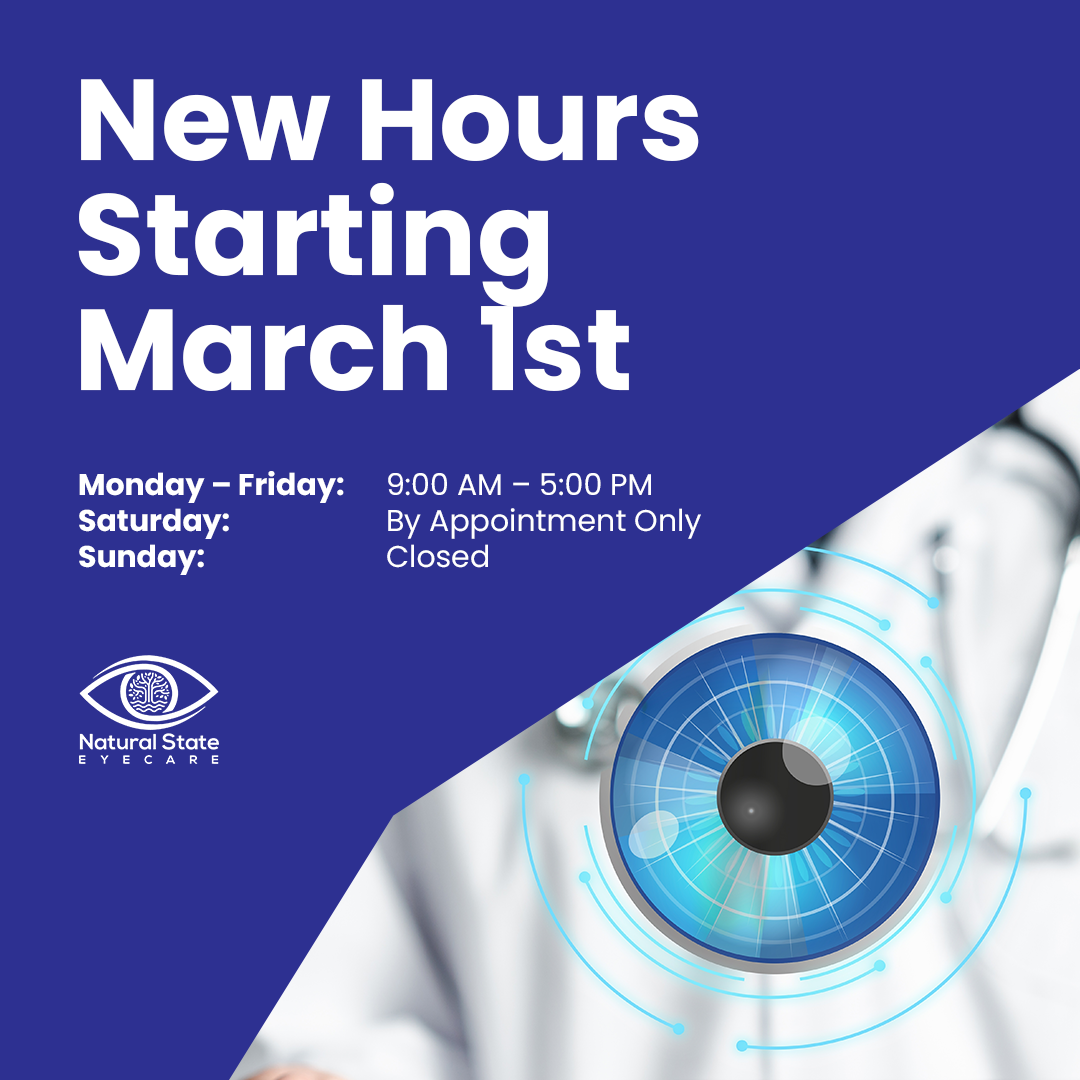
Most people assume that having clear vision means that their eyes are healthy. Although human eyes have the ability to see in fine detail, we use only a small portion of our eyes to accomplish this. Most eye problems occur in areas outside of these "visual zones" and often show no symptoms in early stages. A comprehensive eye exam is the only way to diagnose and treat these issues before they potentially compromise vision.
What Are The Benefits Of A Comprehensive Eye Exam?
Comprehensive eye exams evaluate all aspects of your vision and eye health.
The comprehensive eye exam looks at your eye externally and internally for any signs of eye disease, then tests your vision in a variety of ways.
External Exam – This is an evaluation of surface layers of your eyes, the iris, pupil, eyelids, and eyelashes.
Internal Exam – This is an evaluation of the retina and optic nerve which may require your pupils to be dilated for better views.
Visual Function and Eye Health – This includes testing depth perception, color vision, peripheral vision, and the response of the pupils to light, as well as an evaluation of eye focusing, eye teamwork, and eye movement abilities.
Eye pressure testing – This is a test of the pressure within your eyes to evaluate the risk of glaucoma. This can be done with an NCT (air puff) or iCare tonometry (no air puff).
Visual Acuity – Your doctor will test your vision with different lenses to determine if glasses or contact lenses can improve your vision.
Comprehensive eye exams look at your total health history.
Your eye doctor will discuss your overall health and that of your immediate family, any medications you’re taking, and whether you have high blood pressure or diabetes. They’ll also want to know if you smoke and how much sun exposure you get. All these factors help the eye doctor properly assess your eye health.
The American Optometric Association recommends an eye exam every two years if you aren’t having any problems and you’re aged 18-60. After the age of 61, you should schedule a comprehensive exam annually or as recommended by your eye doctor.








